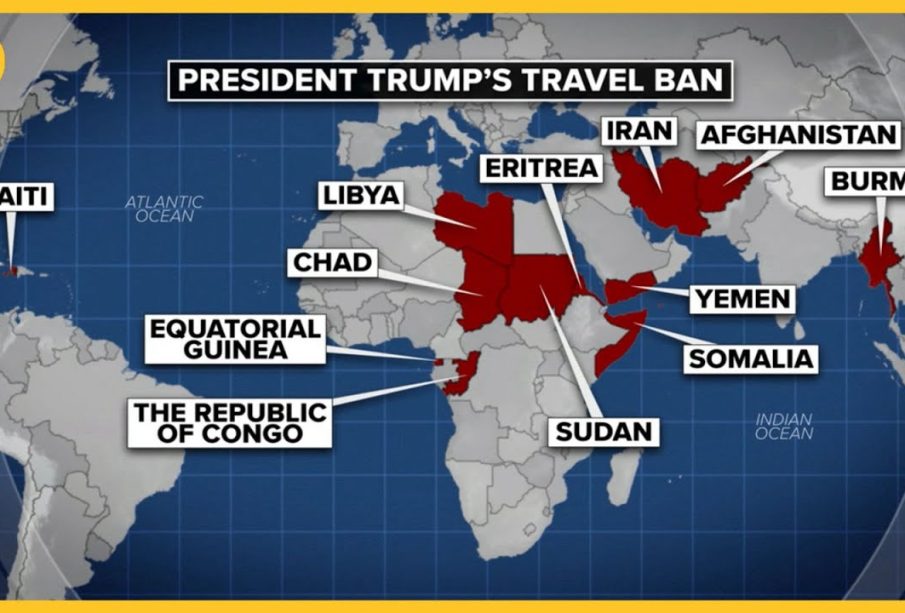An Overview of Trump’s Travel Bans: Impacts and Implications

Introduction
The travel bans instituted during Donald Trump’s presidency have been a contentious and pivotal aspect of his administration’s immigration policy. Initiated in early 2017, these bans sparked widespread debate regarding national security, discrimination, and humanitarian concerns. With their ongoing significance, understanding the history and ramifications of these bans remains crucial for both policymakers and the public.
Background of the Travel Bans
Trump’s first travel ban, announced in January 2017, aimed to restrict entry into the U.S. from seven predominantly Muslim countries: Iran, Iraq, Libya, Somalia, Syria, Sudan, and Yemen. This policy faced immediate legal challenges, leading to a series of revisions and rescissions before its final form was upheld by the U.S. Supreme Court in June 2018. The final version extended the bans to several additional countries, some of which were identified as threats to national security.
Legal Battles and Public Response
The travel bans ignited protests across the nation and around the globe, as activists decried what they termed an unconstitutional Muslim ban. Legal challenges were mounted by various organizations, resulting in multiple court rulings that temporarily halted the implementation of the bans. However, supporters of the bans argued they were necessary for national security and protecting American citizens from potential terrorist threats.
Impacts on Immigration and Society
The long-term impacts of Trump’s travel bans have been clear, affecting thousands of individuals seeking refuge in the U.S. The bans disrupted lives, separating families and refugees from critical support systems. Moreover, they had a chilling effect on Muslim communities worldwide, raising barriers to travel and instilling fear among those from the targeted countries.
Conclusion
As Trump’s travel bans continue to be a point of discussion, their legacy is multifaceted. While supporters emphasize national security measures, opponents view them as an infringement on human rights and a reflection of xenophobia. Future administrations may grapple with the consequences of these policies, as ongoing debates about immigration and security unfold. For citizens and policymakers alike, understanding the implications of these travel bans will be essential as the nation moves forward in addressing immigration reform and fostering a more inclusive society.









